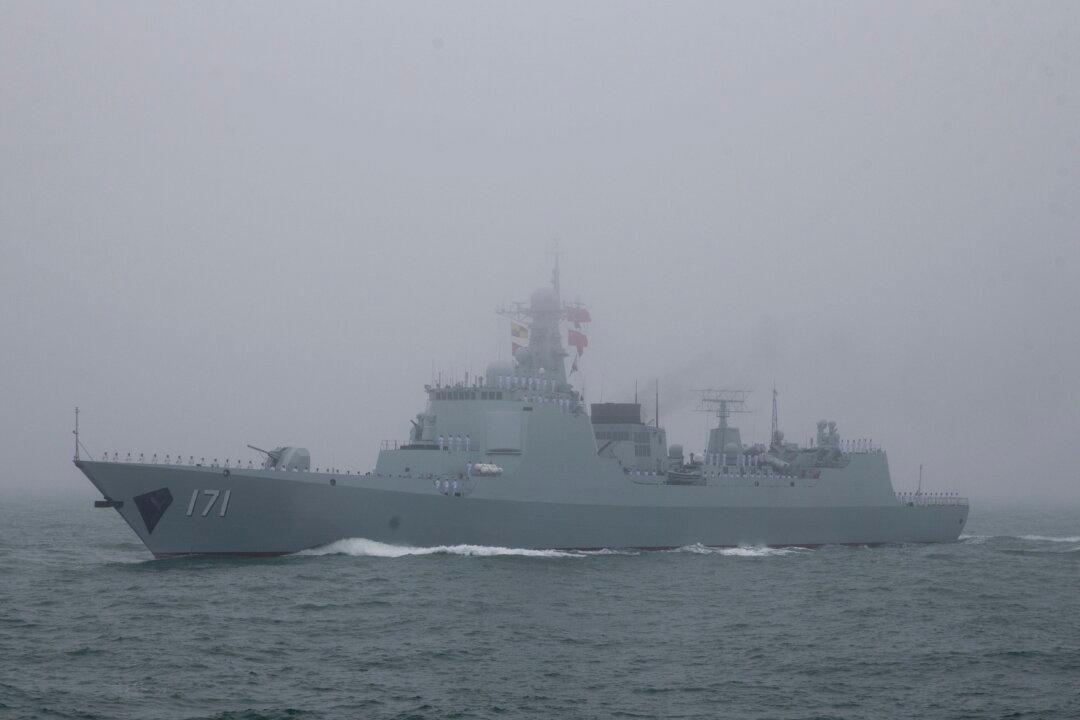Beijing recently set the direction for the country’s financial policies, and some China observers view this as an indication of Chinese leader Xi Jinping’s intent to prepare for a potential conflict in the Taiwan Strait.
The twice-a-decade National Financial Work Conference (NFWC) took place in Beijing from Oct. 30 to 31. Mr. Xi said China’s financial development will “follow the centralized and unified leadership of the Chinese Communist Party Central Committee,” reported state-run media Xinhua.




